In a high-stakes diplomatic gamble, President Trump has accepted an invitation to meet with North Korean leader Kim Jong Un – and the dramatic development raises crucial questions:
Could this summit lead to meaningful constraints on North Korea’s nuclear program? What are the attitudes of China and South Korea toward bilateral U.S.-North Korean diplomacy? What preparatory work must be done to ensure a successful summit? And what would be the criteria for success?
In this Ground Truth Briefing, three veteran observers of U.S.-Asia policy and North Korea addressed these issues.
Selected Quotes:
Jean H. Lee
“I think we are perhaps getting ahead of ourselves. We still have a long way to go before we see a summit between Kim Jong Un and Donald Trump, and I think it is important to note that North Korea has not said anything about this in their state media… They’ve given no indication to their people that this is happening…That said, remember that Kim Jong Un and Moon Jae In now have a direct hotline. This is very significant. It has been 10 years since a South Korean leader and a North Korean leader have had a direct line of communication.”
“I do look at these potential negotiations or this possible summit with some concern. I know how tough and how savvy the North Koreans are. I think that we Americans tend to go into these situations thinking we are going to do things differently than our predecessors… I am reassured that the incoming secretary of state, Mike Pompeo, said that he spent last weekend going over the CIA’s history of negotiations with North Korea.”
“There’s a high potential that the Americans are going to be out-maneuvered because [the North Koreans] are people who know the issue. They’ve been dealing with Americans, whereas on the U.S. side, we have a lack of experience and a lack of understanding, frankly, of who the North Koreans are, what it is they want, and how to speak to them – and that is one of my big concerns.”
“I would urge the Trump administration to make sure they’re not going into this as cowboys and that they are looking back at the depth of experience over the past 25 years of negotiators who have been down this path before and negotiators who have dealt with the North Koreans.”
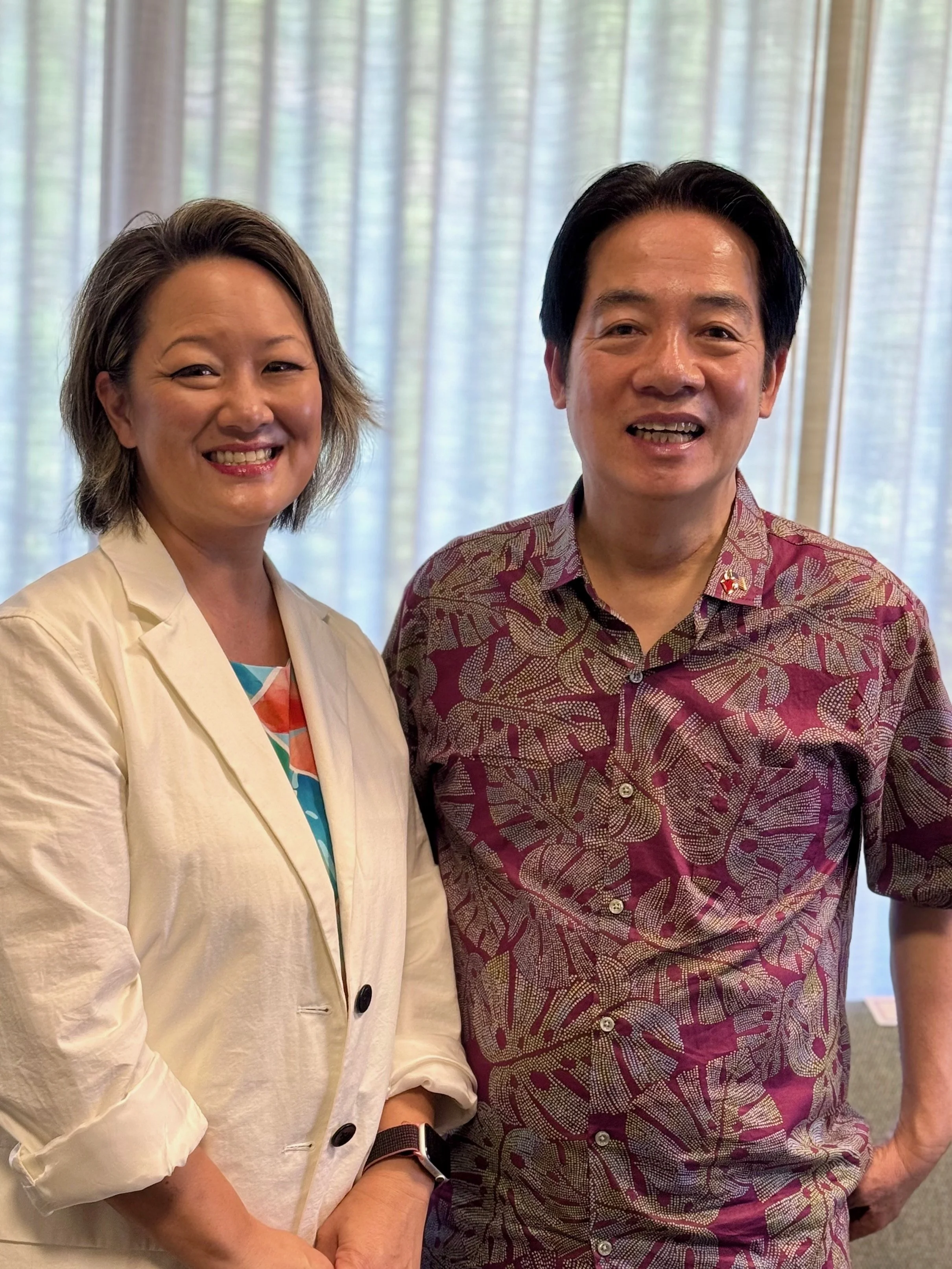
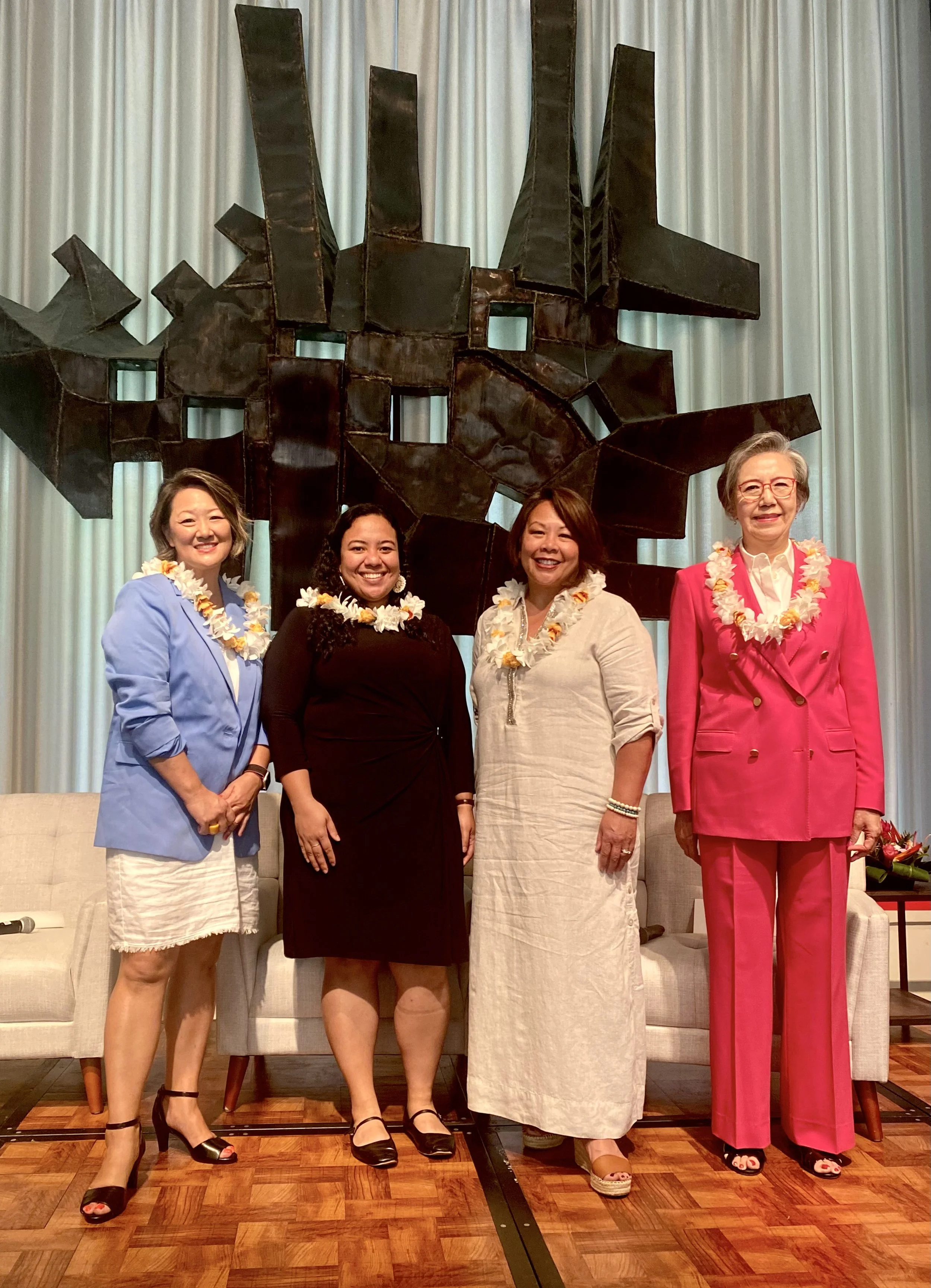
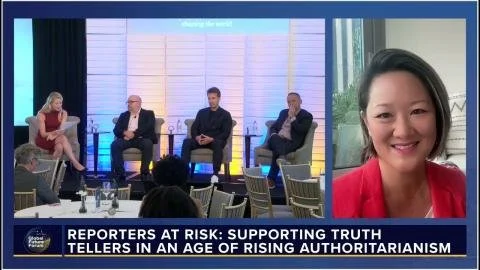
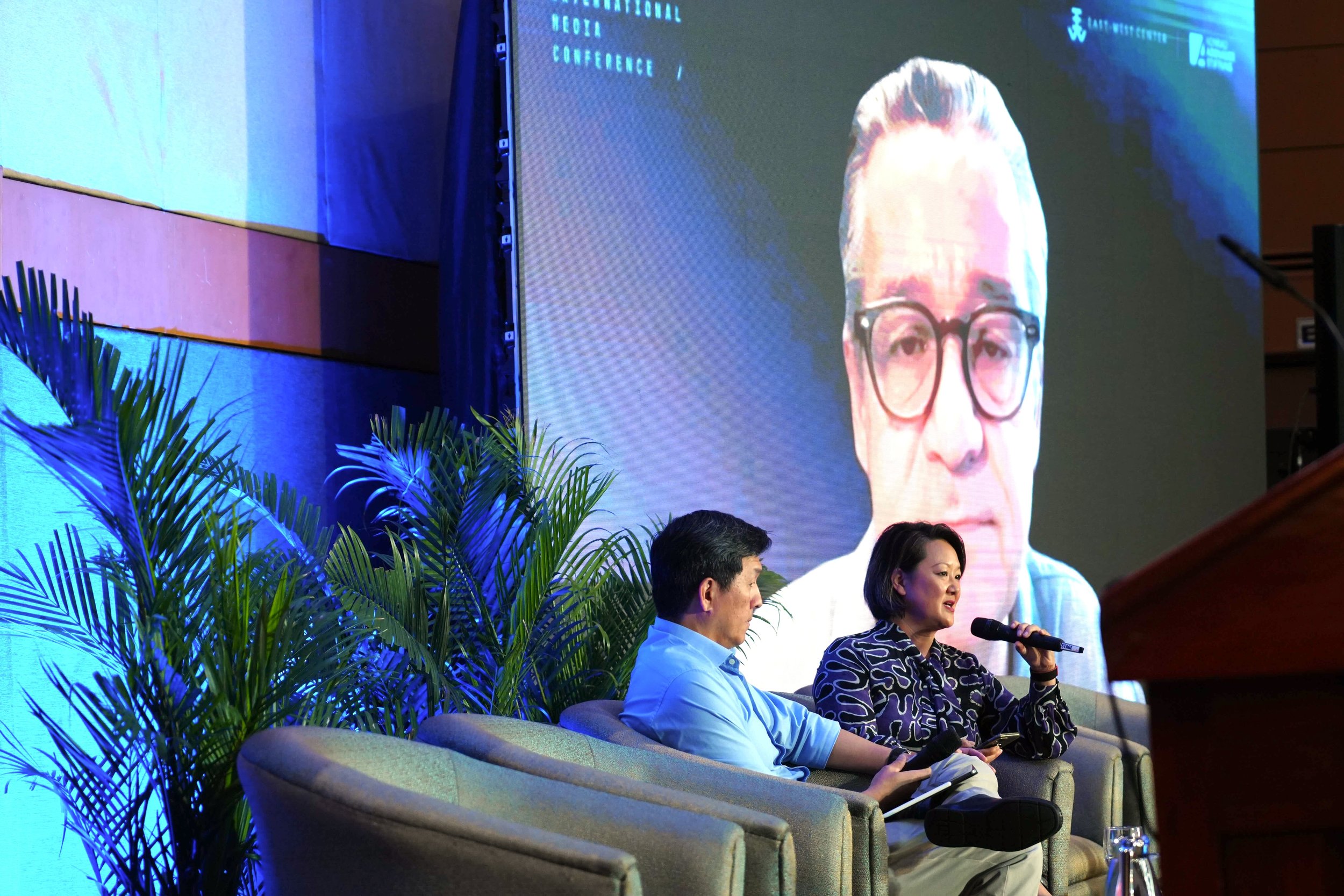

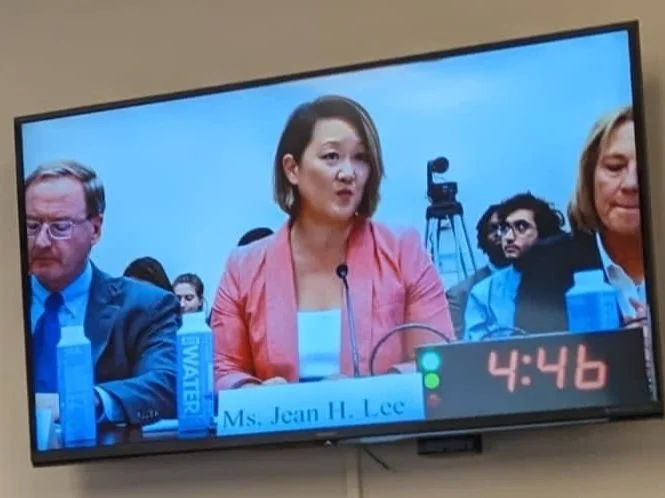


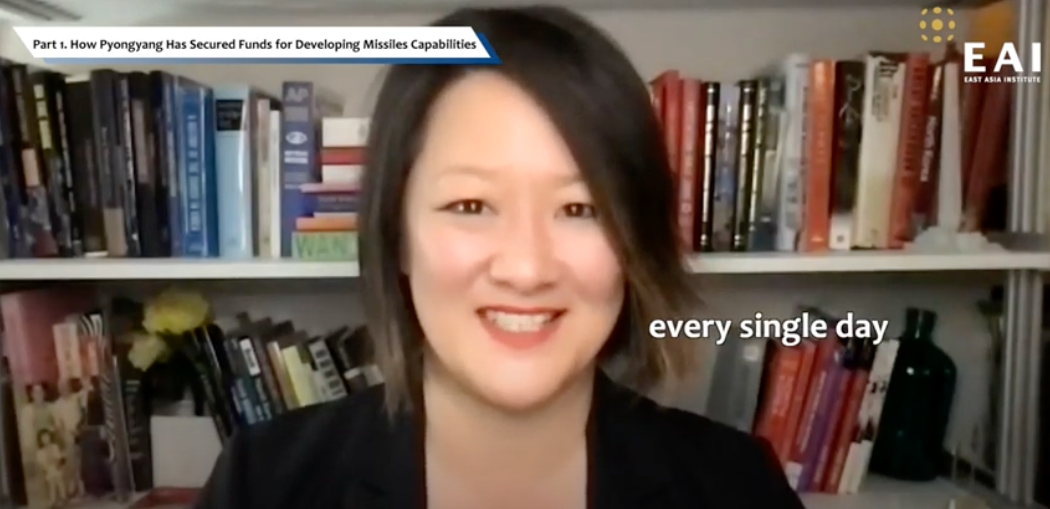







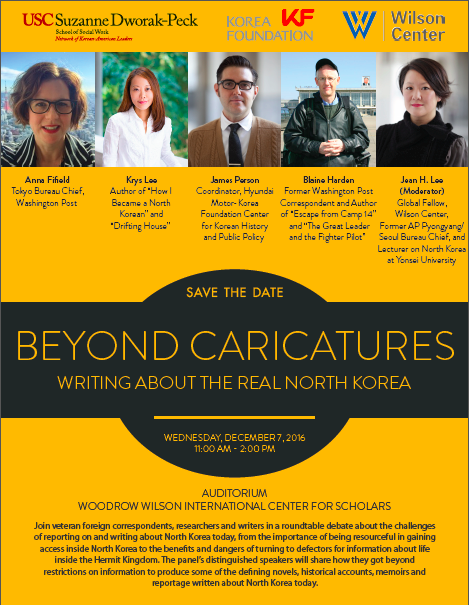



Leading U.S. experts and former officials to identify actionable policy steps the White House and Congress should take to address the growing threat from North Korea.